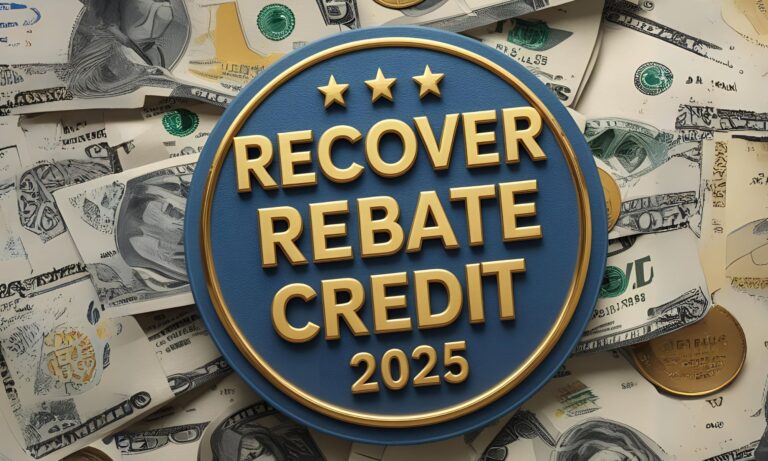Let’s Talk Rebating in Insurance — Simply
Insurance can feel like a maze. Full of fine print. Full of terms no one really uses at dinner.
“Rebating” is one of them. But don’t worry. We’ll break it down in plain English. Like a chat over coffee.
So, What Is Rebating in Insurance?
Rebating is when an insurance agent gives you something extra to sweeten the deal.
It could be money. A gift card. Even a free iPad.
Sounds nice, right?
But here’s the catch—it’s usually not allowed.
Why It Happens
Agents want your business.
You walk in, looking for a policy. They want you to sign with them—not someone else.
So they offer a rebate as a little “thank-you.”
It’s like buying a car and getting a free gas card. Only this time, it involves legal rules.
And those rules matter.
Is Rebating Legal?
That depends on where you live.
In many U.S. states, rebating is illegal. Completely off-limits.
Other states are relaxing the rules. A few allow it under certain limits.
It’s a patchwork of laws. So always check your state’s rules.
Why Is Rebating Often Banned?
Simple. It messes with fairness.
Insurance rates are supposed to be the same for everyone based on risk—not on who gives the best gift.
If Agent A gives you a $100 card and Agent B does not, that’s not a level playing field.
Plus, regulators worry it could lead to fraud or bad advice.
Like buying the wrong policy just for a reward.
What Does Rebating Look Like?
Here are a few real-life examples:
- An agent gives you a $50 gift card after you sign.
- They offer to refund part of their commission.
- You get a smartwatch as a “bonus.”
In many states, all these moves are rebating. And all can get that agent into trouble.
What Is Allowed?
Agents can still give you useful info. They can host seminars.
They can hand out pens or calendars with their logo. That stuff is okay.
Some states also allow low-value tokens. Like a $10 coffee voucher. But even then, it must be offered fairly to all clients—not just a few.
What If You Accept a Rebate?
You might think: “Who cares? Free is free.”
But it can backfire.
If regulators find out, your policy could get flagged.
The agent could lose their license.
You might even face delays if you file a claim later.
It’s rare, sure. But the risk is there.
Are the Rules Changing?
Yes, a little.
States like Florida and California are revisiting their stance.
Some are now allowing small rebates or value-added services.
That means things like wellness apps or risk-reduction tools might be offered legally.
Still, these are exceptions. Most states still say no to direct cash or big gifts.
A Quick Story
My cousin once got a rebate offer for switching car insurance.
She was promised a $100 Visa card. She signed. A week later, the agent ghosted her—and the card never came.
She had to chase support, file a complaint, and switch again.
Not worth the hassle.
What Should You Do?
Here’s the best move. Ask directly.
“Is this rebate allowed in my state?”
If an agent says yes, request it in writing. Then verify it with your state’s insurance department.
Or just skip the drama. Pick your policy based on what’s best for you. Not the freebies.
How Agents Should Compete (The Right Way)
Good agents do not need tricks. They win business by:
- Explaining policies clearly
- Offering responsive service
- Matching the right coverage to your life
That’s real value. Not gift cards.
Can Insurers Offer Discounts?
Yes—but not the same as rebates.
Discounts are baked into the premium.
You might get a safe driver discount. Or a discount for bundling home plus auto.
These are fully legal. Approved by regulators.
And everyone who qualifies gets them.
That’s very different from a secret rebate on the side.
What About Referral Gifts?
Tricky territory.
Some states allow small tokens for referrals—like a branded mug.
But paying someone $100 for each referral? Likely a no-go.
Again, rules vary. Check your state before offering or accepting anything.
Why It Still Happens
Because agents are human.
Some just want to close the sale. Fast.
Others may not know the law.
Or they assume “everyone’s doing it.”
But that does not make it right.
Or safe.
Regulators Are Watching
Each state has a Department of Insurance.
They check complaints.
They audit agencies.
And if they catch rebating, it can get messy.
Agents may pay fines. Lose licenses.
Clients could get stuck in the middle.
Tips to Stay Safe
- Always read your policy yourself.
- Do not let perks sway your decision.
- Ask questions. A good agent welcomes them.
- Keep everything in writing.
- If it sounds too good to be true—it probably is.
Final Word on Rebating
Insurance is not about giveaways. It is about protection.
Your life. Your car. Your family’s future.
That stuff matters more than a one-time reward.
Pick the policy that fits your needs.
Not the one with the flashiest “freebie.”
Need Help?
Each state has a helpline.
You can call or email your Department of Insurance for free advice.
They explain your rights.
They know your state’s laws.
So if you are unsure, ask.
They’re there for you.
Wrap-Up
Rebating sounds simple.
But it’s a legal gray zone in many states.
Yes, a freebie is tempting.
But it is not worth risking a bad policy—or a big mess.
So do your homework.
Trust your gut.
And go with agents who keep it clean and clear.







